Bound By Oil, Stories From The Gulf, NRDC
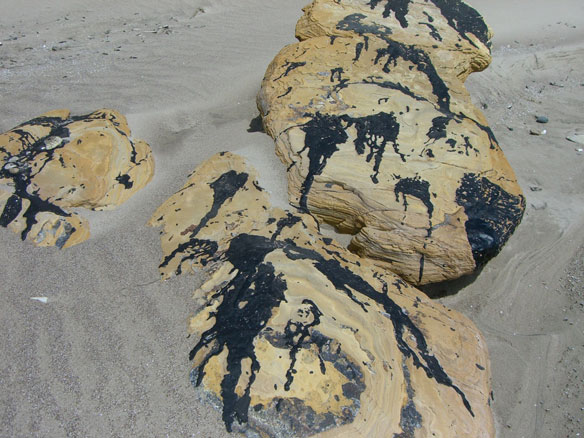
As members of the Atakapa-Ishak Nation, they have thrived along the lush marshes and canals of Mississippi River delta, surviving on the fertile coastal environment that sustains and nurtures their lifestyle. Then the BP oil disaster struck last summer, and things have never been the same. Bound by oil, they now travel toward the future, not knowing what will come next, but sadly secure that they don’t go alone.
Presidential Panel: Tougher Rules Urged for Offshore Drilling

Releasing its final report, the presidential panel investigating the 2010 oil spill in the Gulf of Mexico, found that the Deepwater Horizon explosion and subsequent oil spill arose from a preventable series of corporate and regulatory failures. New regulations for offshore oil operations are recommended.
Scope and Pace of Gulf Cleanup Is Criticized
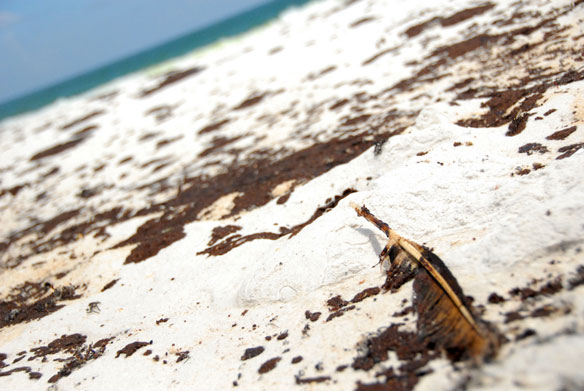
Tar balls are still washing up on beaches. Visible sheen is still showing up in certain places in the wake of motorboats. Oil is being washed out of some areas, where it was buried, only to show up someplace else.
Methane Gas Concentrations in Gulf of Mexico Quickly Surprises Scientists
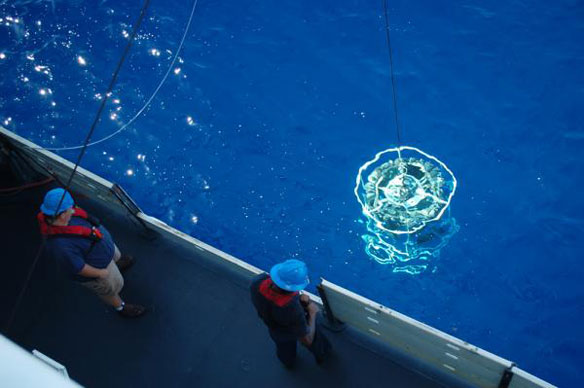
Calling the results “extremely surprising,” researchers from UCSB and Texas A&M University report that methane gas concentrations in the Gulf of Mexico have returned to near normal levelsonly months after a massive release occurred following the Deepwater Horizon oil rig explosion.
Oil Still Fouling Louisiana Marshes
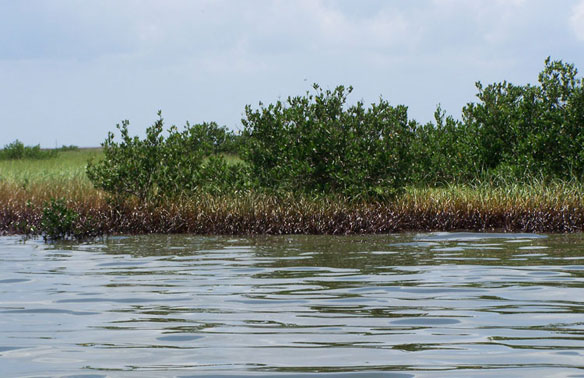
More than 8 months after BP disaster, boat tour finds oil still fouling Louisiana marshes. No cleanup workers were there. The marshes are critical to the Louisiana coast because they protect the shore from hurricanes and serve as a nursery for Gulf sea life.
A New York Times Investigation: Deepwater Horizon’s Final Hours
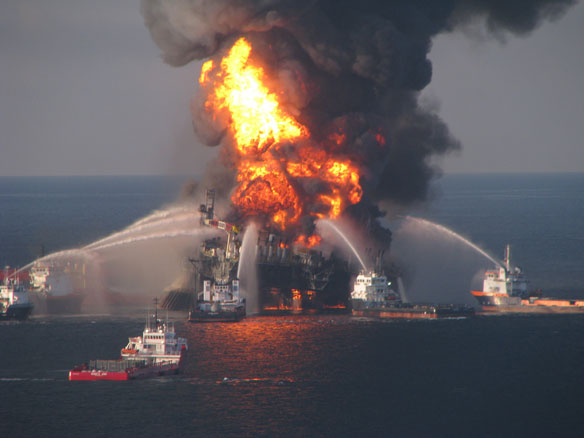
The explosion on an oil rig in the Gulf of Mexico that caused the largest environmental disaster in US history occurred because every single defense on the rig named Deepwater Horizon failed, The New York Times reported. The very first, was a failure to train for the worst.
FDA Underestimates Gulf Coast Residents’ Exposure to Carcinogens in Seafood
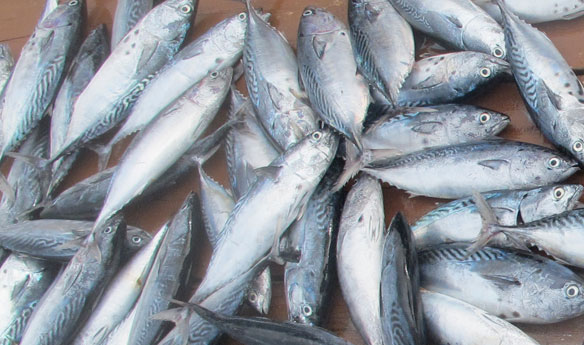
A survey of Gulf Coast seafood consumption habits released by the NRDC reveals that many Gulf residents are eating far more seafood, far more often, than the federal government has acknowledged, bringing Gulf seafood safety standards under renewed scrutiny. The survey revealed that the rate of shrimp consumption in coastal communities significantly exceeded the estimates used by FDA to calculate a safe level of exposure to PAHs.
Report Finds Oil-Drilling Inspectors in Disarray
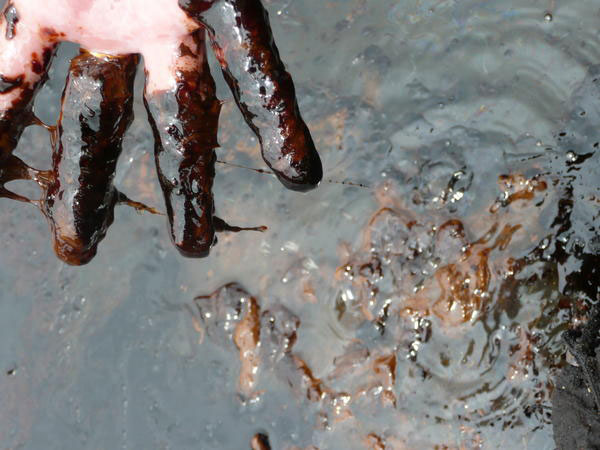
Federal inspectors charged with ensuring the safety of offshore oil drilling are overwhelmed, insufficiently trained, work without official procedures for some of their most crucial decisions and sometimes have insufficient support from their supervisors for resisting industry influence, report says.
US closes shrimping near oil spill as precaution
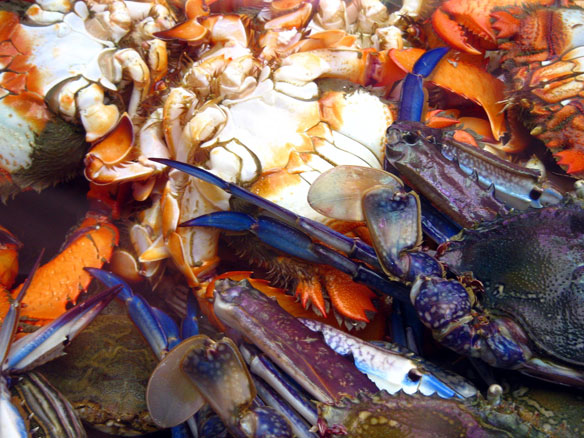
The precautionary measure was taken after a commercial shrimper, having hauled in his catch of shrimp, discovered tar balls in his net.
